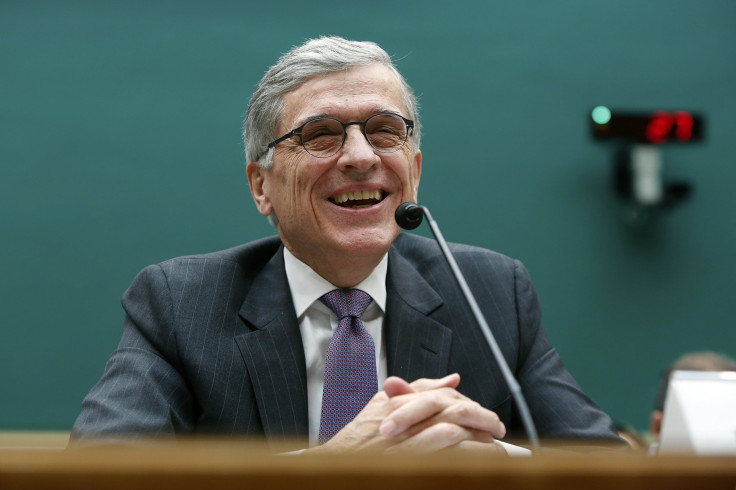FCC Votes To End NFL Blackout Rule, Despite League's Objections

The Federal Communications Commission unanimously voted Tuesday to end its so-called “sports blackout rule,” which prevents local broadcasts of NFL games that do not sell out at least 72 hours in advance. The NFL said the change will hurt attendance and ultimately result in fewer football games available on free broadcast TV.
The change will allow cable and satellite providers to broadcast National Football League games locally regardless of whether the game sold out. For the last 39 years, the blackout rule prevented games that didn’t sell out from airing locally in any form. The NFL has warned that any attempt to force the airing of games on local television could push the league to pursue a deal that would force football fans to pay to watch in the future.
“By ensuring that televising games will not reduce live attendance, the sports blackout rule encourages sports leagues to reach deals with broadcast networks,” the NFL wrote in a past letter to the FCC. If cable and satellite providers are allowed to circumvent the blackout rule, “the eventual result likely would be a decrease in the amount of professional sports on broadcast television,” the league asserted.
The FCC said the blackout rule “has become outdated,” and that a repeal would allow for “private solutions negotiated by the interested parties,” the New York Times reports. Local blackouts are an increasingly rare occurrence for the NFL – just two of the league’s 256 regular-season games were blacked out of local broadcasts in 2013.
The blackout rule “keep[s] hard-working American customers out of the end zone,” FCC Commissioner Ajit Pai said in August, according to the Washington Post. “There is no reason for the FCC to be in the sports blackout business.”
Though the blackout rule technically applies to all sports, the NFL has a particular take on its continued existence. Of the four major sports leagues, the NFL is the only organization that negotiates its television deals en masse. In the other leagues, individual teams negotiate their broadcast rights on a local level.
“This is a historic day for sports fans,” Sports Fans Coalition chairman David Goodfriend said in a statement Tuesday. “Since 1975, the federal government has propped up the NFL’s obnoxious practice of blacking out a game from local TV if the stadium did not sell out. Today’s FCC action makes clear: If leagues want to mistreat fans, they will have to do so without Uncle Sam’s help.”
© Copyright IBTimes 2024. All rights reserved.












